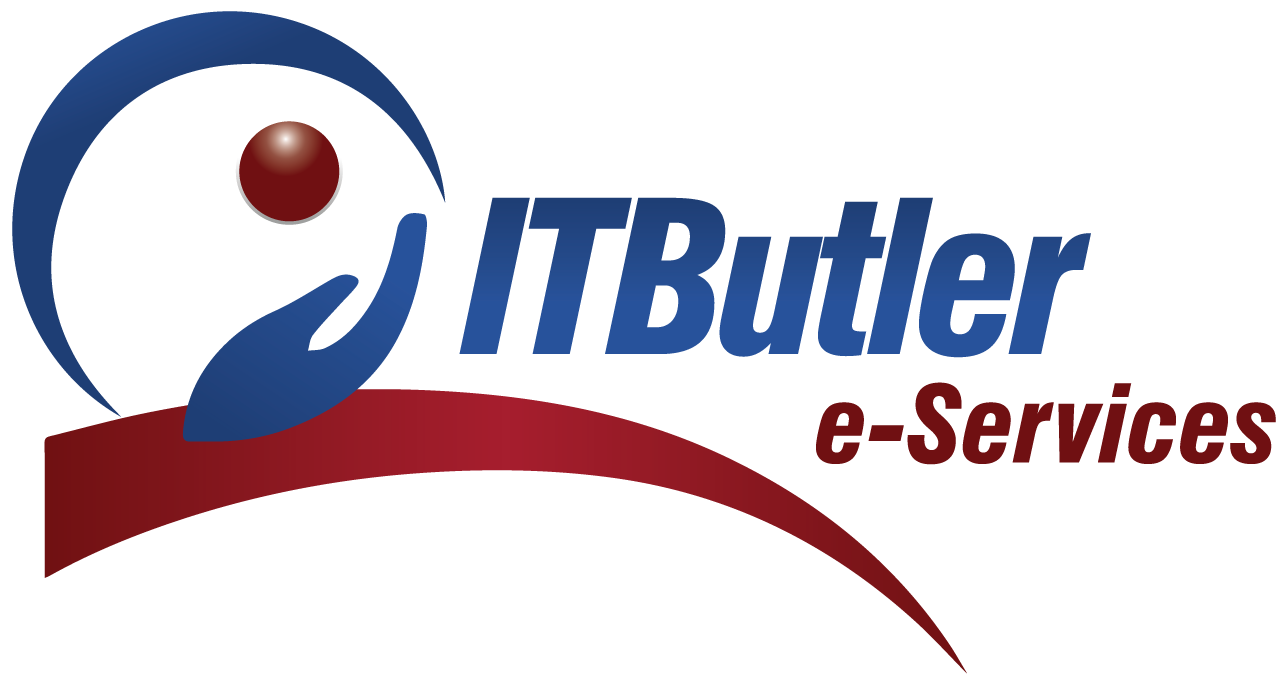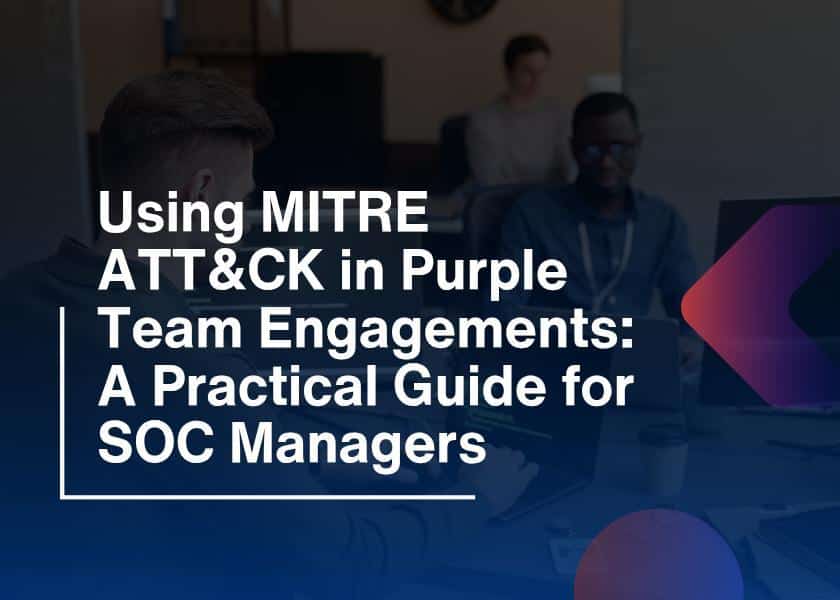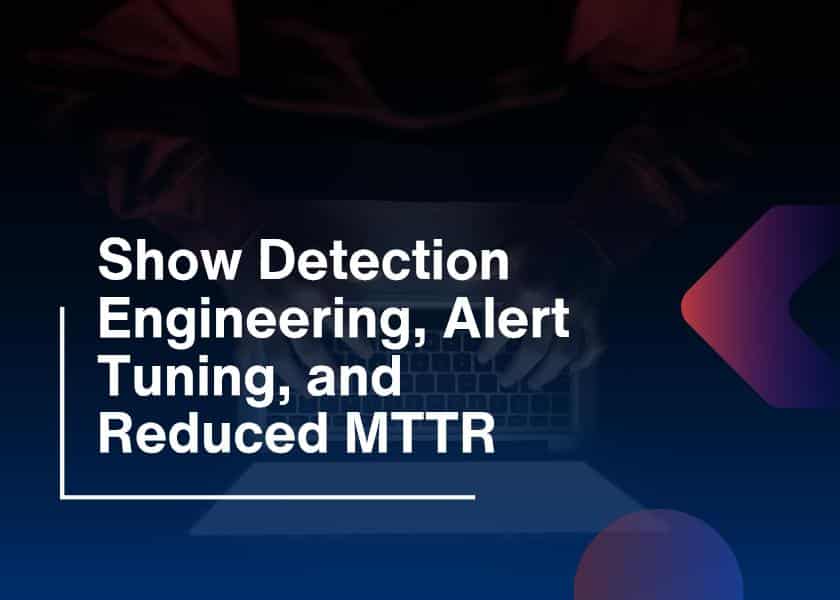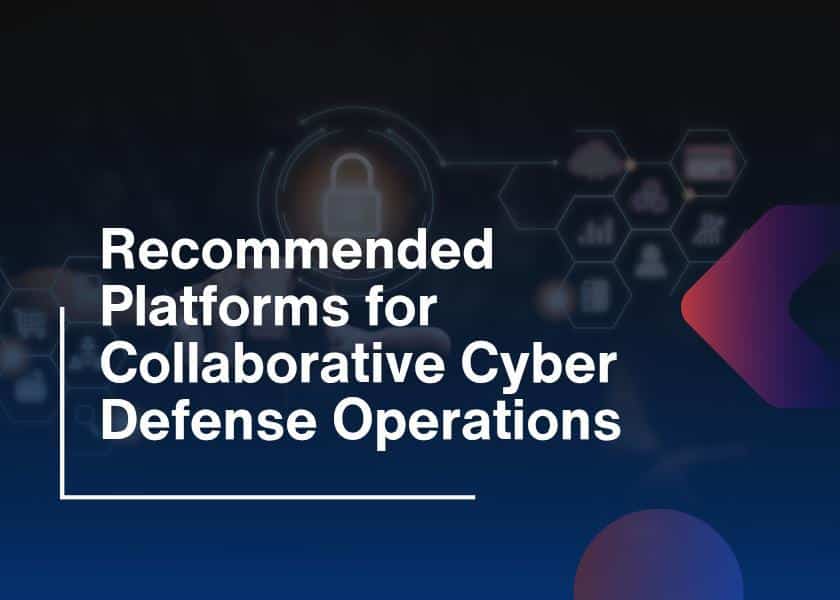Oracle Corporation is one of the biggest cloud computing and enterprise software companies. An Oracle data breach has been confirmed recently which affected its older systems. This incident has raised major concerns about data security, especially for businesses that rely on Oracle’s services. Let’s discuss what happened, what kind of data was affected, and what it means for Oracle clients.
What Was Compromised in the Oracle Data Breach?
Oracle admitted that attackers accessed its Gen 1 Cloud servers, also known as Oracle Cloud Classic. These are older systems that were replaced years ago but were still running in the background. According to Oracle, the breach did not affect its newer Gen 2 Cloud infrastructure, which most current clients use.
However, cybersecurity researchers and reports say that the attacker gained access to sensitive data, including:
- Usernames and email addresses
- Hashed passwords
- Authentication details like Single Sign-On (SSO) and LDAP credentials
- Java Key Store (JKS) files
- Moreover, Enterprise Manager security keys
Furthermore, Oracle claimed the compromised data was about 16 months old, but the attacker shared samples from late 2024 and early 2025, suggesting that newer records were also involved.
Who Was Behind the Attack?
A hacker who was using the profile “rose87168” openly claimed responsibility for the breach. They posted about it on a known hacking forum called BreachForums on March 20, 2025, claiming they had stolen around 6 million records.
The attacker even demanded a $20 million ransom from Oracle. They also hinted at being interested in trading the stolen data for zero-day exploits, showing they may be looking for more than just money.
Thus, to prove the breach was real, the hacker released sample files containing user data and security credentials. Several cybersecurity experts confirmed that at least some of the data was legitimate.
How Did the Oracle Data Breach Happen?
Reports say the attacker used a Java vulnerability from 2020 to enter Oracle’s older systems. Once inside, they:
- Deployed a web shell (a tool that allows remote control of a server)
- Installed malware
- Then, gained deep access to Oracle’s Identity Manager database.
Surprisingly, the attacker is believed to have been inside Oracle’s system from January 2025 and wasn’t detected until late February. That’s nearly two months of undetected access, which raises questions about Oracle’s monitoring practices on legacy systems.
Oracle’s Response So Far
Oracle stated that the breach didn’t impact any current cloud systems or Oracle Cloud customers. The company confirmed that attackers only accessed older, legacy environments. Reports suggest Oracle last used these systems in 2017.
Oracle has taken the following steps:
- Informed affected customers
- Strengthened security around Gen 1 servers
- Further, denied a breach of its primary cloud infrastructure.
- Engaged external help, including CrowdStrike and the FBI, for the investigation
However, cybersecurity experts have pointed out that Oracle’s statements may be technically correct but somewhat misleading. Oracle is focusing on the term “Oracle Cloud” while avoiding a clear admission that attackers breached “Oracle Classic,” which is also their cloud service.
As cybersecurity expert Kevin Beaumont noted, Oracle Classic also experienced security incidents. Oracle is denying the breach on ‘Oracle Cloud’ by using wordplay, but it still manages the affected cloud infrastructure.
Oracle data breach about Health
Among recent cybersecurity challenges, Oracle has experienced several problems. A few days after Oracle confirmed the Gen 1 breach, attackers also stole data from the Oracle Healthcare platform in a separate incident.
In this incident:
- Hackers stole healthcare records from various hospitals in the United States.
- Security experts found the source of the attack on migration systems that were still using old technology.
- The cyber suspects accessed the system through stolen client account information.
- The incident began on January 22, 2025, and Oracle first noticed the breach on February 20.
Moreover, multiple US hospitals are receiving cryptocurrency demands from a new hacker named Andrew. Their attack threatens to expose patient information unless hospitals pay the requested money.
What This Means for Oracle Clients
You should remain watchful as an Oracle customer even though your system stays untouched. You should understand these main points from this situation.
Legacy Systems Are a Major Risk
Old systems are at risk even when they no longer receive attention because they could have security weaknesses. Although Oracle stopped using Gen 1 servers in their regular operations, they kept storing critical data on these systems.
Transparency Matters
Clients need correct and recent data updates to keep their information secure. The manner Oracle conveyed details about the breach led to unnecessary frustration among clients.
Cybersecurity is a Business Concern
Business operations suffer from a security breach beyond IT systems. The incident hurts customer confidence and damages both the company’s reputation and professional contacts.
What Should Affected Clients Do?
If you’re one of the clients affected by this breach or you suspect you might be. Then, it’s important to act fast:
- First, reset all user passwords and credentials
- Then, monitor login systems for unusual activity
- Update firewall rules and security software
- Moreover, apply the latest patches and update
- Lastly, contact Oracle support for guidance
It’s also a good time to review your cybersecurity strategy, especially if you’re still using older cloud systems.
Final Thoughts
Oracle data breach shows how critical it is to maintain strong security, not just for new systems, but also for legacy ones that may still hold valuable data. As cyber threats grow more advanced, companies must prioritize transparency, timely updates, and ongoing security audits to keep their clients safe. Oracle has started taking steps in the right direction, but this incident is a reminder that even tech giants are not immune to cyberattacks. So, for everyone using cloud services, this serves as a wake-up call to pay attention to what’s happening behind the scenes. Hire the best cybersecurity professional from IT Butler to manage all the stuff and be hassle-free.





